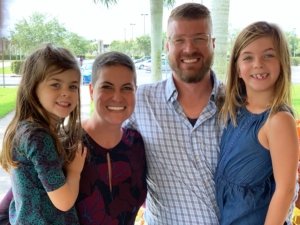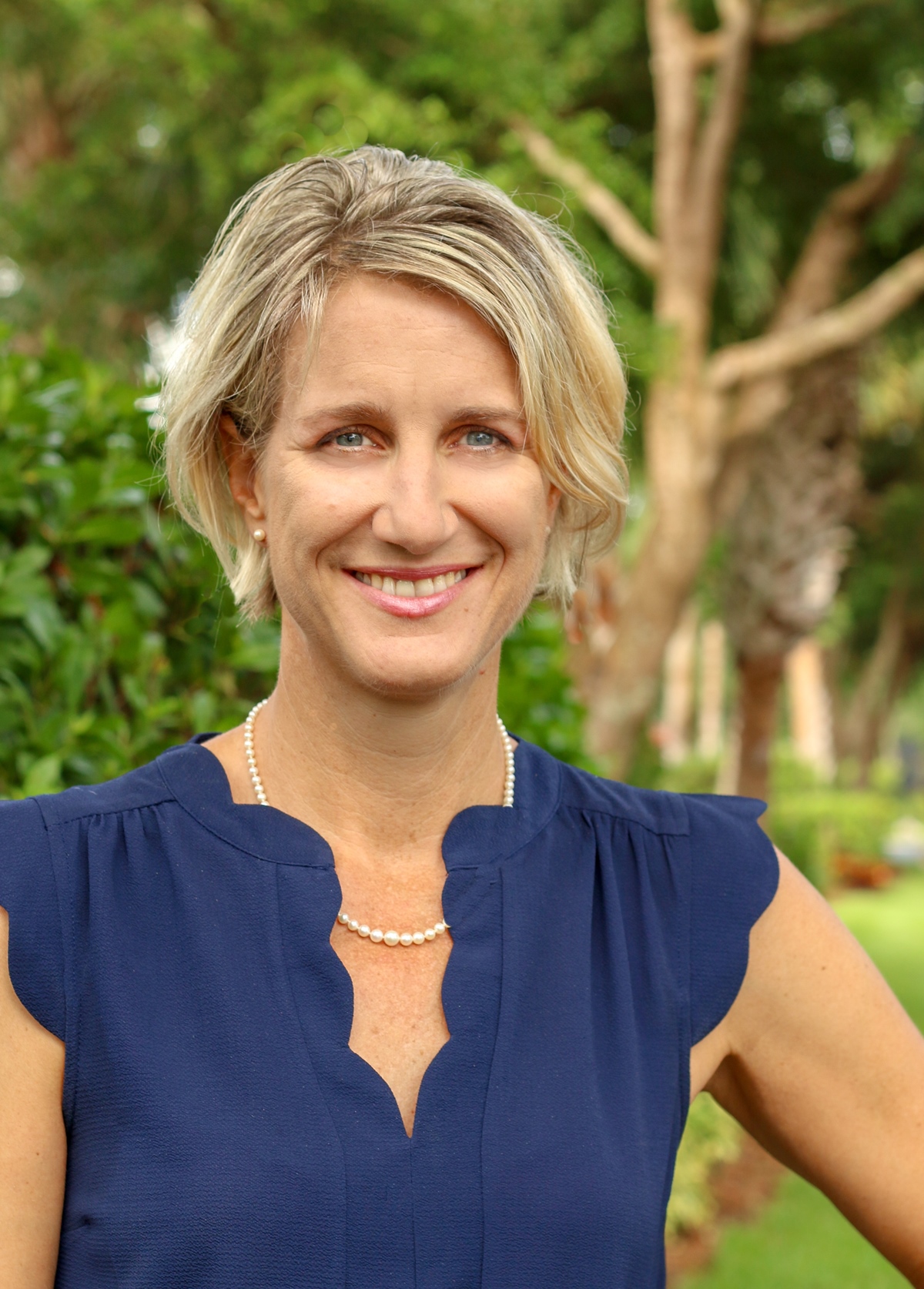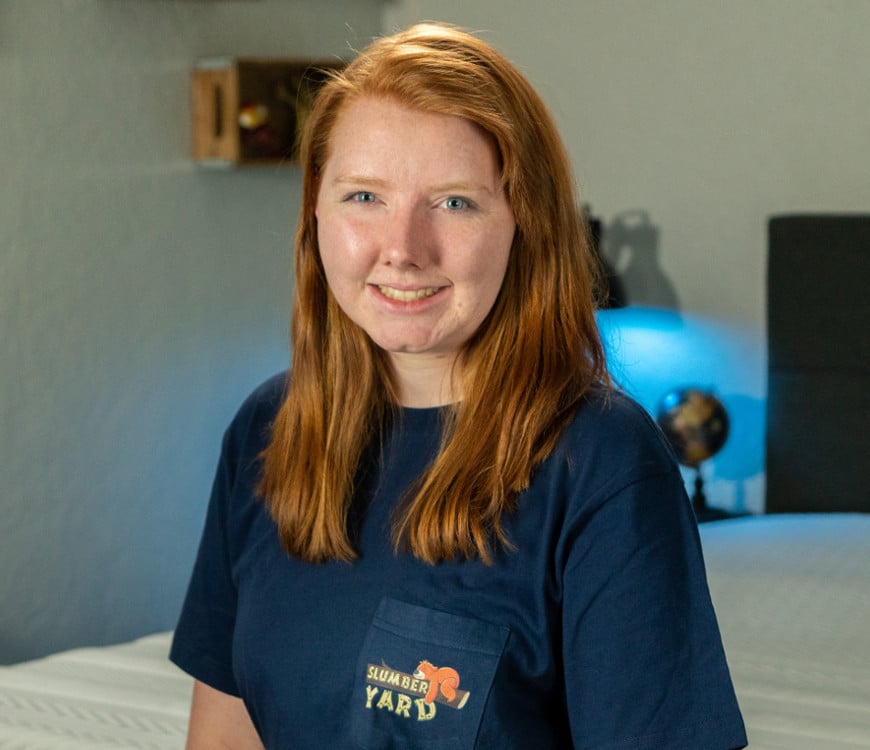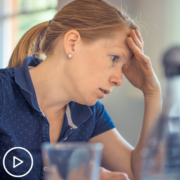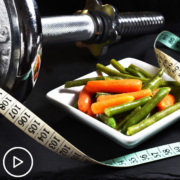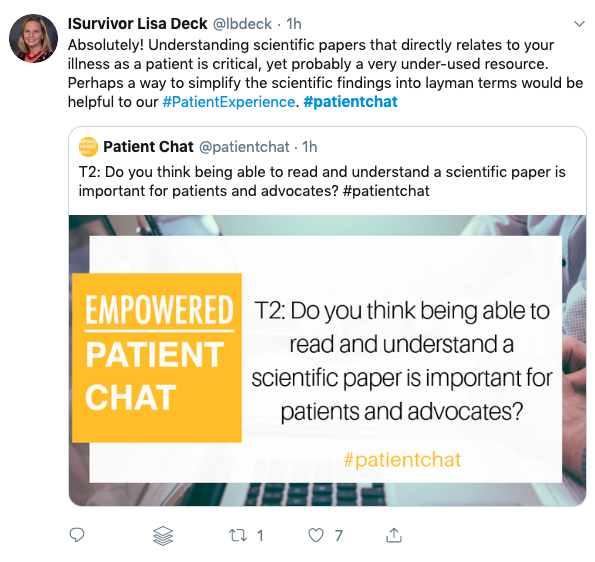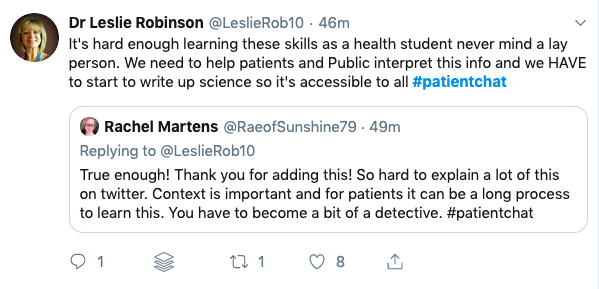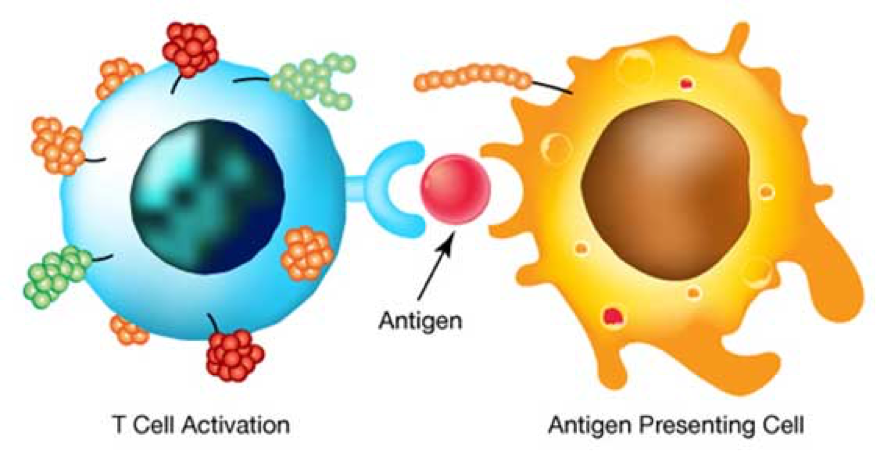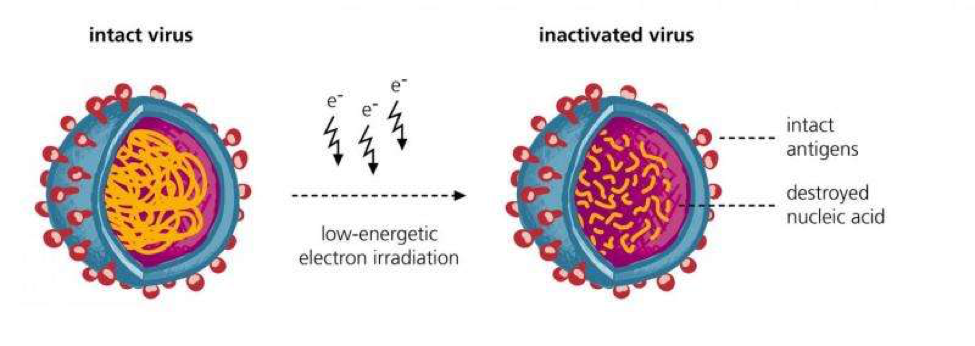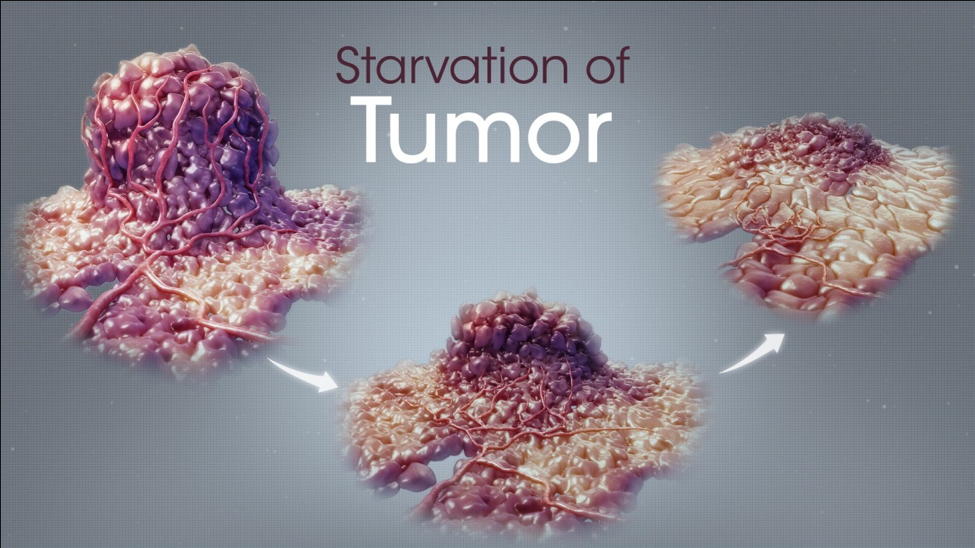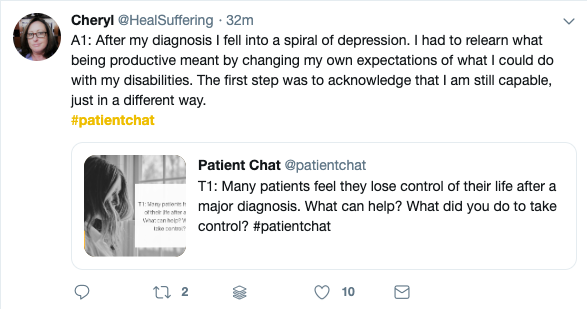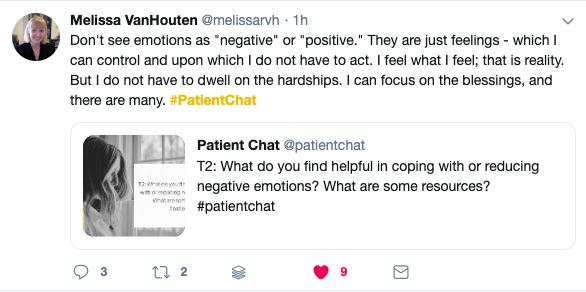Cancer Trauma: How To Know If You’re At Risk and Key Strategies for Recovery
The impact of cancer extends beyond the merely physical. While treatment targets cancer specifically in the body, the experience doesn’t leave the mind, spirit or emotions untouched. The toll it takes has been likened to a natural disaster or trauma. In fact, recent studies have put forward the theory that surviving cancer fits the framework of Post Traumatic Stress Disorder (PTSD). [1] The term PTSD is commonly used to describe a range of symptoms an individual may develop in response to experiencing a traumatic event, in which bodily harm was experienced or threatened.
Most people associate PTSD with war veterans and victims of violent crime, but any life experience in which our safety and mortality are threatened can trigger PTSD. The physical and mental shock of having a life-threatening disease is a traumatic event for many cancer patients.[2] The experience of trying to get back to normal after cancer treatment ends mirrors that of returning combat soldiers. The immediate crisis is over but our sense of security is shattered, leaving us feeling unsettled and vulnerable.
And what of those for whom treatment doesn’t end? Metastatic breast cancer patient, Abigail Johnston points out that “for men and women enduring the trauma of cancer treatment, the trauma is never over… reminders exist everywhere, ready to pop out when least expected to wreak havoc.” [3]
Could You Have Cancer-Related PTSD?
The symptoms of PTSD are similar to those of other states such as depression and anxiety, but one of the main signs that distinguishes PTSD is re-experiencing the traumatic event, often in the form of recurrent dreams or intrusive thoughts. These may consist of persistent memories of taste, smell, touch, and sound (for example you may still be able to “taste” the metallic taste of chemotherapy when you think about the event).
A number of risk factors may make you more vulnerable to PTSD. Your life experiences, including the amount and severity of trauma you’ve gone through since early childhood; having a high level of stress or other mental health problems, such as anxiety or depression; lacking a good support system of family and friends; and the way you deal with stress are all contributing factors. On the other hand, certain factors, such as increased social support, accurate information and supportive medical staff may lower the risk of developing PTSD.
Signs and Symptoms of PTSD
Symptoms of PTSD can arise suddenly, gradually, or come and go over time. Sometimes symptoms appear seemingly out of the blue. At other times, they are triggered by something like the anniversary of your diagnosis or surgery, follow-up scans, or a certain image, sound or smell.
There is no right or wrong way to think, feel, or respond to cancer, but it’s important to know which symptoms and signs to look out for, so you can put strategies in place to deal with it. People react in different ways to traumatic events and you may experience some or all of the following reactions to a greater or lesser degree.
- Re-living the traumatic event: Intense memories of the time around your diagnosis, flashbacks or nightmares, especially if accompanied by symptoms like racing heartbeat, shortness of breath, sweating, nausea, or uncontrollable shaking.
- Increased arousal: Feeling hyper-alert ( the “fight” and “flight” reaction is always on even though there is no present danger at hand), on edge, irritable, easily startled or angered; mood swings, difficulty sleeping or concentrating.
- Avoidance: Staying away from places that remind you of the traumatic time (for example, avoidance of follow-up appointments).
8 Key Strategies and Tips for Recovery
1. Acknowledge and accept your feelings
Don’t deny or ignore how you are feeling. Accepting your feelings is part of the healing process. Allow yourself to feel what you feel without judgment or guilt. Remember, there is no right or wrong way to think, feel, or respond to cancer. Be compassionate to yourself and patient with the pace of recovery. Talk through your fears with someone you trust. Try journaling, art or other creative outlets to help you work through your feelings.
2. Avoid obsessive thinking
While it’s important not to ignore your feelings, obsessively dwelling on them will slow the healing process down. One tip is to designate one or two 10-minute periods each day, time in which you can fully focus on your feelings. When intrusive thoughts come into your head during the day, write them down and “postpone” them to the period you’ve designated.
3. Reduce your stress
Make relaxation a part of your regular routine. Learn to meditate, practice yoga, take a walk in nature or do whatever it is that helps you relax and unwind. Relaxation is not a luxury – it is a necessary step in your recovery.
4. Take regular exercise
Regular exercise boosts serotonin, endorphins, and other feel-good brain chemicals. It’s one of the simplest and most effective ways to reduce stress and anxiety, helping you feel grounded in times of emotional stress.
5. Eat a healthy diet
A healthy body increases your ability to cope with stress from a trauma. Foods rich in certain omega-3 fats—such as salmon, walnuts, soybeans, and flaxseeds—can give your mood a boost. Avoid caffeine, alcohol and nicotine, which can worsen symptoms.
6. Get plenty of sleep
Poor sleep can make your trauma symptoms worse. Go to sleep and get up at the same time each day and aim for 7 to 9 hours of sleep each night.
7. Pay attention to triggers
Anniversaries of your surgery, diagnosis and other cancer-related milestones can reawaken memories and feelings. Plan ahead for those times.
8. Connect with others
Following a trauma, you may want to withdraw from others, but isolation makes things worse. Research shows that support from others is an important part of your healing journey. Look to cancer support groups in your area or search online for groups. Talking to a psycho-oncologist or counsellor can also help.
When to Seek Help
It’s normal to feel anxious and unsettled after a traumatic event such as cancer. A diagnosis of cancer is distressing, the treatments and side effects are stressful, and the fear of recurrence is frightening. Most people find the intensity of their feelings will ease in a relatively short period of time, but for some the feelings will stick around or increase in intensity.
If painful thoughts and intrusive memories last longer than a month, and begin to cause problems in your personal relationships, employment, or other important areas of daily life, it’s important to seek a professional diagnosis of PTSD. The sooner PTSD is tackled, the easier it is to overcome. Unfortunately, many patients are not referred to psycho-oncology services to be assessed and treated, as high levels of sadness and anxiety are often perceived as ‘normal’ reactions to cancer diagnosis and treatment,[4] so it may be up to you to advocate for your own assessment.
Types of treatment can include cognitive-behavioral therapy (adapting negative ways of thinking into more positive ones to help “re-frame” the traumatic experience); exposure therapy (to help you safely face the thing that you find frightening); medication (antidepressants/anti-anxiety drugs); and psychotherapy. When looking for a therapist, seek out mental health professionals who specialize in the treatment of trauma and PTSD.
You may also want to consider a form of treatment called EMDR (Eye Movement Desensitization and Reprocessing), which incorporates elements of cognitive-behavioral and exposure therapy with rhythmic eye movements designed to stimulate the information-processing system in the brain. The aim of the treatment is to help you process the traumatic events, and speed up recovery.
Conclusion
A trauma like cancer shatters our sense of security, making us feel powerless and vulnerable. Taking positive action towards recovery directly challenges this sense of helplessness and helps us regain a sense of control. It can take time to get over the trauma and feel safe again. But by seeking treatment, reaching out for support, and developing new coping skills you can heal and move on with your life.
[1] The Diagnostic and Statistical Manual of Mental Disorders introduced malignant disease in its definition of PTSD in 1994.
[2] The National Cancer Institute estimates that approximately 35% of patients experiencing cancer may suffer symptoms of PTSD.
[3] No Half Measures. “The Violence of Cancer” https://nohalfmeasures.blog/2020/01/09/the-violence-of-cancer/
[4] Leano, A., Korman, M. B., Goldberg, L., & Ellis, J. (2019). Are we missing PTSD in our patients with cancer? Part I. Canadian oncology nursing journal = Revue canadienne de nursing oncologique, 29(2), 141–146.

A Stanford Medicine X e-Patient scholar, Marie Ennis O’Connor is an internationally recognized keynote speaker, writer, and consultant on global trends in patient engagement, digital health and participatory medicine. Marie’s work is informed by her passion for embedding the patient voice at the heart of healthcare values. She writes about the experience of transitioning from breast cancer patient to advocate on her award-winning blog Journeying Beyond Breast Cancer.

